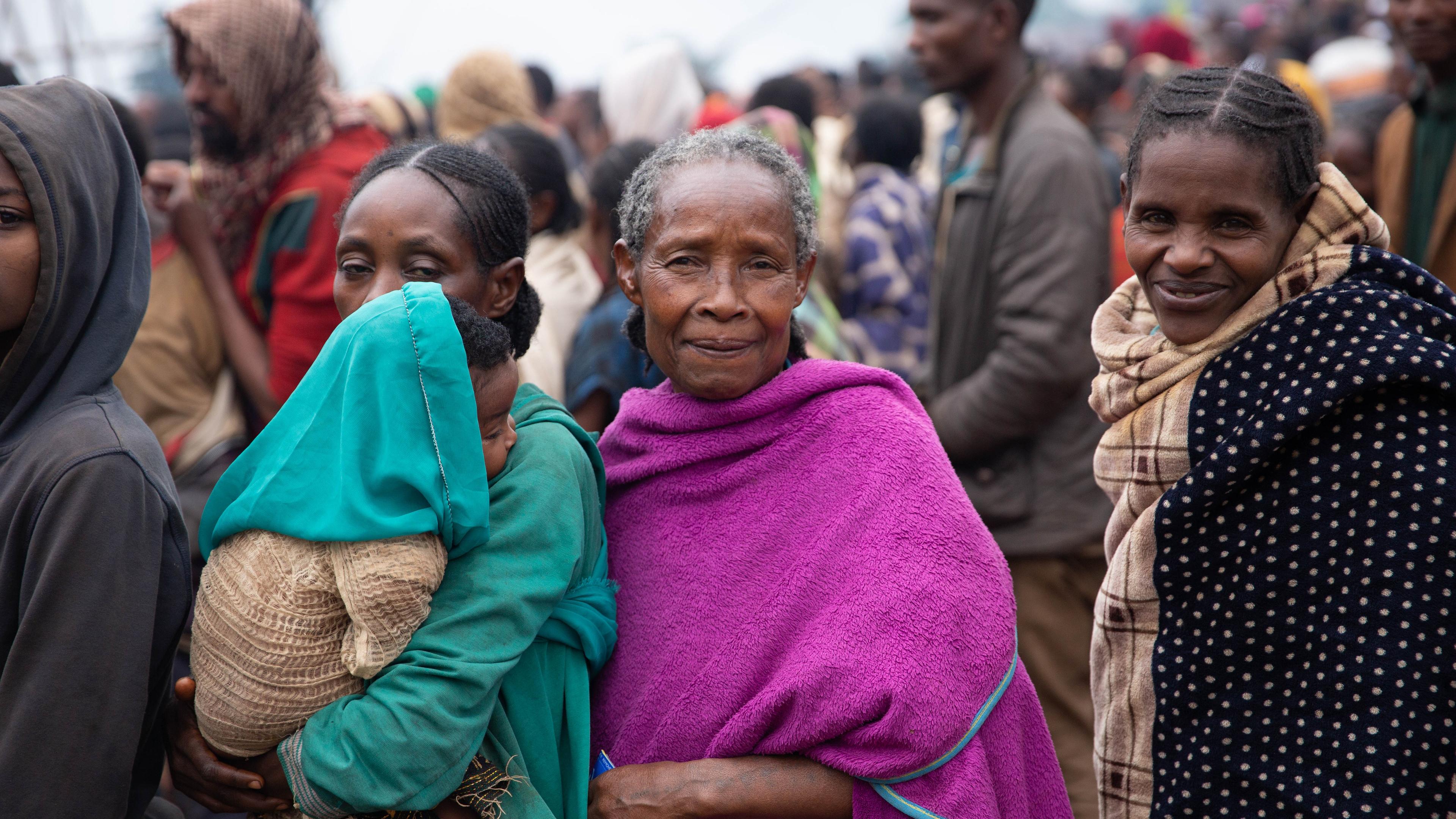Sanitation for all
 © IOM/OHeadon
© IOM/OHeadonWhat is the humanitarian challenge?
This innovation project responds to an unaddressed need within humanitarian responses. There is a lack of suitable sanitation solutions for people with incontinence and for very young children. These individuals are either not provided with a solution to their sanitary needs, or provided with something that is disposable, meaning it is both expensive and difficult to safely dispose of within humanitarian contexts.
The management of young children’s faeces is often overlooked or not adequately provided for in humanitarian settings, and research demonstrates that the faeces children under the age of three are often unsafely disposed of. This creates multiple health risks such as cholera, diarrhoea, dysentery, hepatitis A, and typhoid amongst other conditions. The second vulnerable group is people who suffer from incontinence, a condition often associated with shame and stigma, and therefore not openly talked about, but it is relatively common – affecting between 3-17% of the global population.
What is innovative about the project?
This project takes a user centred approach to come up with new solutions for people with needs that are often overlooked in humanitarian contexts. The solutions will be sustainable and better for the environment, reduce the burden on caregivers, and promote the local economy through local production through a financially sustainable model. The aim of this project is to demonstrate that serving the sanitation needs of these two vulnerable groups is not only possible within a humanitarian context, but easily scalable and relevant across multiple contexts.
What are the expected outcomes?
This project will together with private sector partners design a range of products that are in line with peoples’ needs, that are usable within a humanitarian context, and ideally that can be manufactured locally across a range of different local settings. By addressing the sanitation needs of these groups the project will not only improve the health of affected populations at large, but also mitigate stigmatization of such vulnerable groups.
Who are the project partners?
This project is a partnership between IOM and Norwegian Church Aid. They will engage in a market dialogue to find a private sector partner.